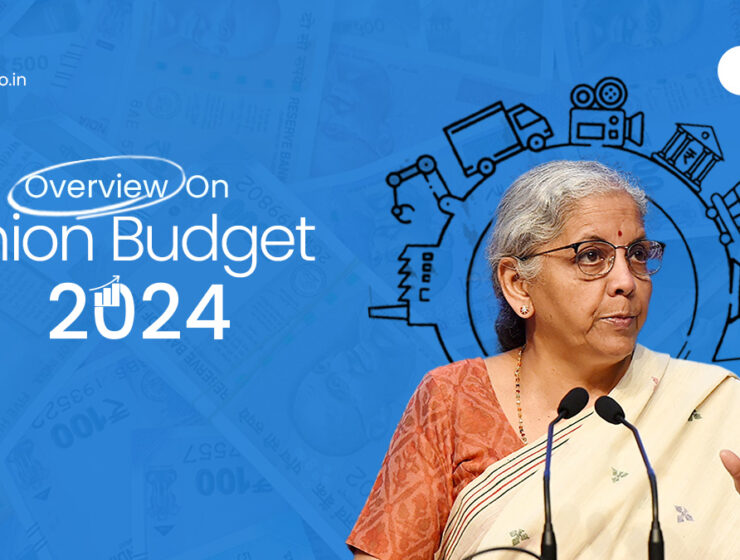

Diwali is just around the corner and we are eagerly waiting to once again hear the sound of laughter in our home, filled with family and friends remembering the old times while making new memories. We are even excited to light up our balconies with lanterns and doorsteps with diyas to make this festival of lights even brighter.
Diwali is that time of the year when we wake up early in the morning, wear new clothes and savour the smell of ghee from the fresh batch of sweets, make rangolis, meet up with our cousins and seek blessings from our elders.
The spirit of Diwali is all about spreading smiles and happiness, wherein we all generously gift our loved ones after saving for the whole year. Along with giving gifts, we also eagerly wait to receive our gifts and bonuses.
In this extremely delightful atmosphere filled with excitement, love, and togetherness, we sometimes forget that though all the gifts that we give or receive out of love are priceless, they still have a value attached. And there are times when people might go overboard and give a gift whose price tag is beyond the permissible limit by the Income Tax Act.
Yes, it may seem to be unreal, but some of our Diwali gifts may be subject to tax, especially the ones with a heavy price tag.
Therefore, this Diwali, before you give or receive any expensive gift that might have a tax liability, here is a guide that will help you understand the taxation criteria of all your Diwali gifts.
What are the rules pertaining Diwali gifts?
These are the 4 primary rules you need to keep in mind in terms of Diwali gifts and their taxation policies.
Rule 1: Any gift received from your family members such as spouse, siblings, parents, and grandparents is exempt from tax regardless of the amount or value of the gift.
Rule 2: Any gift received from a friend, or a distant relative will be taxable if the amount is equal to or more than Rs. 50,000. However, this rule does not exclusively apply to Diwali gifts but to all the gifts received in one financial year. If the aggregate amount crosses Rs. 50,000 then the entire amount is taxable.
Rule 3: Diwali bonus received from your employer is considered as an income and is fully taxable under the head of salary as per an individual’s tax slab.
Rule 4: If you receive gifts or vouchers from your employer of up to Rs. 5,000 you will be exempted from tax. But any amount above 5,000 will be considered as salary and will be taxed as per the tax slab rate. Similar to rule 2, this applies to all the gifts and vouchers received from the employer in a financial year.
Other exempted gifts:
Gifts received by you on the occasion of marriage or by inheritance are not subject to tax. Nevertheless, gifts received for any other occasion like birthdays, anniversaries, etc. will be taxed as per the Income Tax Act.
Conclusion:
Diwali is one of the best seasons to spread smiles by spending quality time with your loved ones and gifting them something meaningful that they will cherish for a long time. We hope that our tax overview could help you understand the taxation of your gifts and bonuses, and spend a happy and prosperous Diwali devoid of any worries.
Disclaimer: The views expressed in the blog are purely based on our research and personal opinion. Although we do not condone misinformation, we do not intend to be regarded as a source of advice or guarantee. Kindly consult an expert before making any decision based on the insights we have provided.
Related Posts
Stay up-to-date with the latest information.


